From old-fashioned linear TV shows to YouTube fake news, our unique future? Perhaps not!
Philippe Letellier · 15 October 2019
We observe some massive societal trends towards more individualistic behaviour:
- Linear, channel-based TV show viewing, which was the main means of information and entertainment in the past, is rapidly decreasing in popularity (the daily average in France remains at 3h18m per day, but it decreased by 18 minutes last year);
- The huge growth of personal content is overwhelming internet (Facebook, Instagram, YouTube). Every minute, 300 hours of video is uploaded to YouTube, a stellar amount.
- OTT (over the top) video consumption with websites like Netflix; and
- Immediate delivery.
Nevertheless, these trends lead to:
- a huge amount of content, which enables you to find something of interest, wherever this lies;
- availability of contents that are increasingly authored by ordinary people like you and me; and
- strong visibility of the known stars on these media, but, on a regular basis, also the possibility to see an unknown guy breaking through and reaching the status of a star, which remains a dream for many people.
On the other hand:
- it is becoming more and more difficult to find specific content due to the quantity of content (a large majority of the available content remains invisible); and
- this content generates massive fake news and mob violence and due to the size of this content database, nobody understands how to moderate it.
Our modern society is thus confronted by mass of communication media, which is no longer under control and which destabilises global society. Have a look on the results of last elections everywhere in the world and the associated instability or governments far removed from the European principles of democracy.
In ITEA, an innovative path has been explored in the MOS2S project to
protect the massive personal
content
trend,
from the fake news or mob violence, and, at the same time, to offer some edited content based on this
personal
content.
The demand is clearly to allow everybody to express oneself on any topic.
VRT, the innovative Flemish public broadcaster, has invented some new content formats supported by
technical
innovation of the MOS2S consortium.
For example, the MOS2S consortium has built what they call a Babbelbox. Let’s imagine, when a topic is considered as 'hot' (by journalists or pushed by people), the VRT journalists structure an interview with a set of questions (open and closed) to allow everyone to express their opinion. Then they deploy some kind of voting booth where you have a camera, a screen and a push button to move from one question to the other. This voting booth collects personal videos of ordinary people responding to these questions. This generates a huge personal content database on a dedicated topic. This database can be exploited on a content streaming site, but MOS2S also offers tools for the journalist to go quickly through all this content and edit a synthesis of this personal content with professional media quality. The role of the journalist is then to filter the scrap and fake, and propose a synthesis of the different positions. To master the personal content flood, the challenge is to be able to do it in an efficient way and MOS2S has made some good steps in this direction. This personal content synthesis can be then reused for the more traditional TV shows, to enrich it with the added value of personal content.
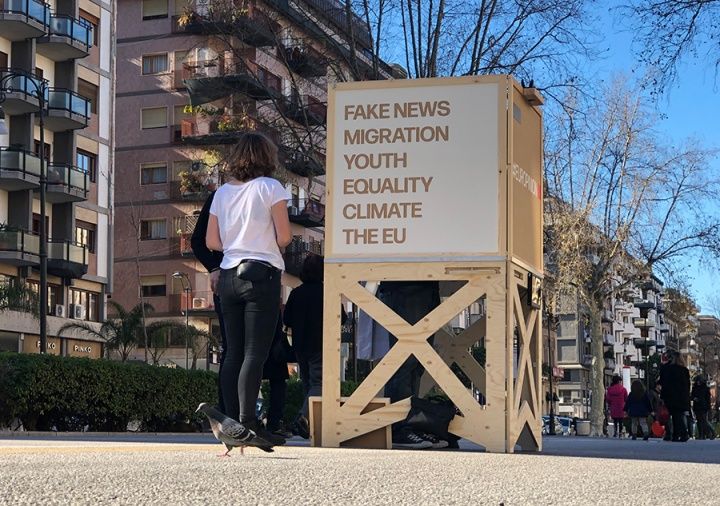
Another proposed tool is online debate allowing anyone to generate a debate with several people, watched by interested people with thumbs up, thumbs down, generating augmented content which can be reused later on the web or in a TV show.
Another tool is the live hangout, where anyone can behave as a journalist. If you are in a place or at an event, you can call the VRT channels where a moderator qualifies your quality (technical as well as content) and puts you on a waiting list to be pushed on the TV live show. It is a good tool for being more in real time with regard to the latest events occurring somewhere and to have personal feedback from these events.
For sports events, they developed some advanced tools to acquire the content, to track and analyse the data so that everyone can create some augmented personalised content which can be re-exploited later on.
I am convinced that MOS2S has reopened the door for the TV media to become rejuvenated with this personal content. It could realign TV media with the new trends in our society. They have developed a huge amount of diverse tools to acquire, support creation, share personal content, ensuring some moderation to be sure of the quality (technical and content-wise). This rejuvenates the traditional TV show, this allows society the power of enquiry on big challenges, it can become a key tool for new e-Democracy.
I invite you to have a more in-depth look at the results of MOS2S; you may find part of our future there. Then we have to push for exploitation to deliver the impact this project deserves.
Feel free to contact the MOS2S project leader Gjalt Loots (gjalt.loots@tno.nl) and Karim Dahdah (karim.dahdah@vrt.be), the VRT project manager; they will be ready to discuss with you how it can impact your business.
Other chapters
Use the arrows to view more chapters
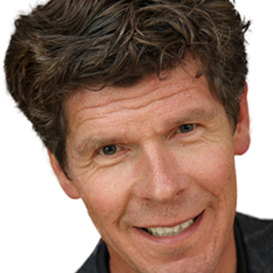
Editorial
By Jan Jonker
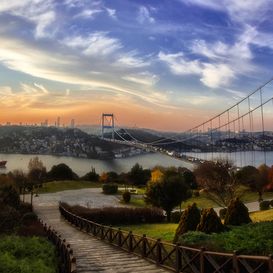
Country focus: Turkey
Creating a climate for impactful R&D

Vice-chairman's blog
by Philippe Letellier
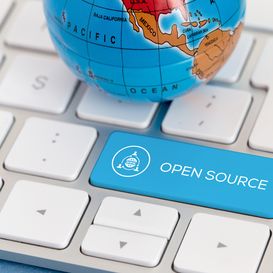
ITEA Success story: OPEES
Open Platform for the Engineering of Embedded Systems
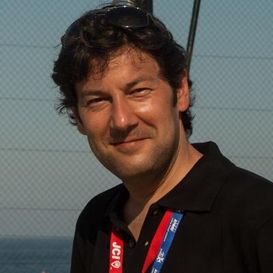
Community Talk with Özgün Algin
Creating innovation, results and exploitation with friends
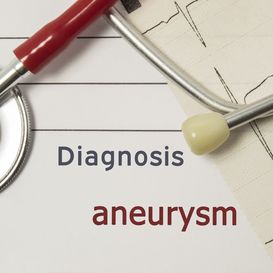
End user happiness BENEFIT
Prevent rupture of a brain artery

ITEA Success story: MODRIO
Digital twins for the safe and efficient design and operation of cyber-physical systems
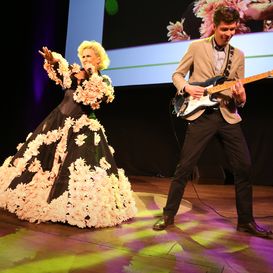
New ITEA Office Director: Jan Jonker
Right time, right place, right person

SME in the spotlight: Yazzoom
From downtime to uptime with real-time anomaly detection
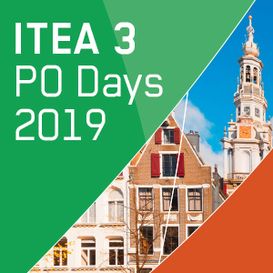
ITEA PO Days 2019
'Mix between speed dating and a hackaton'
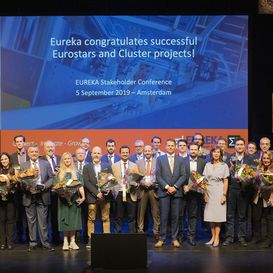
Eureka Stakeholder Conference 2019
Creating ecosystems for innovation

